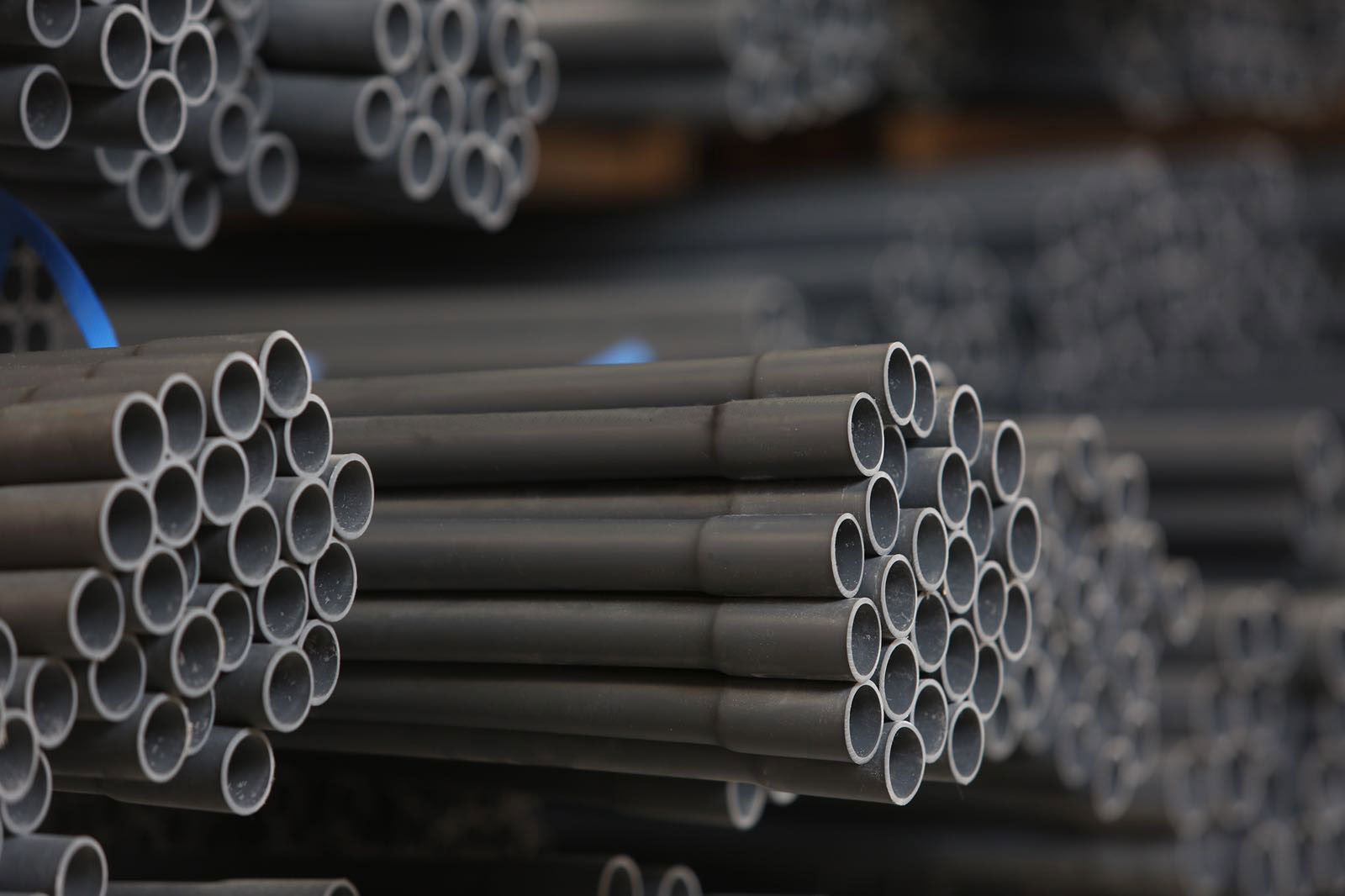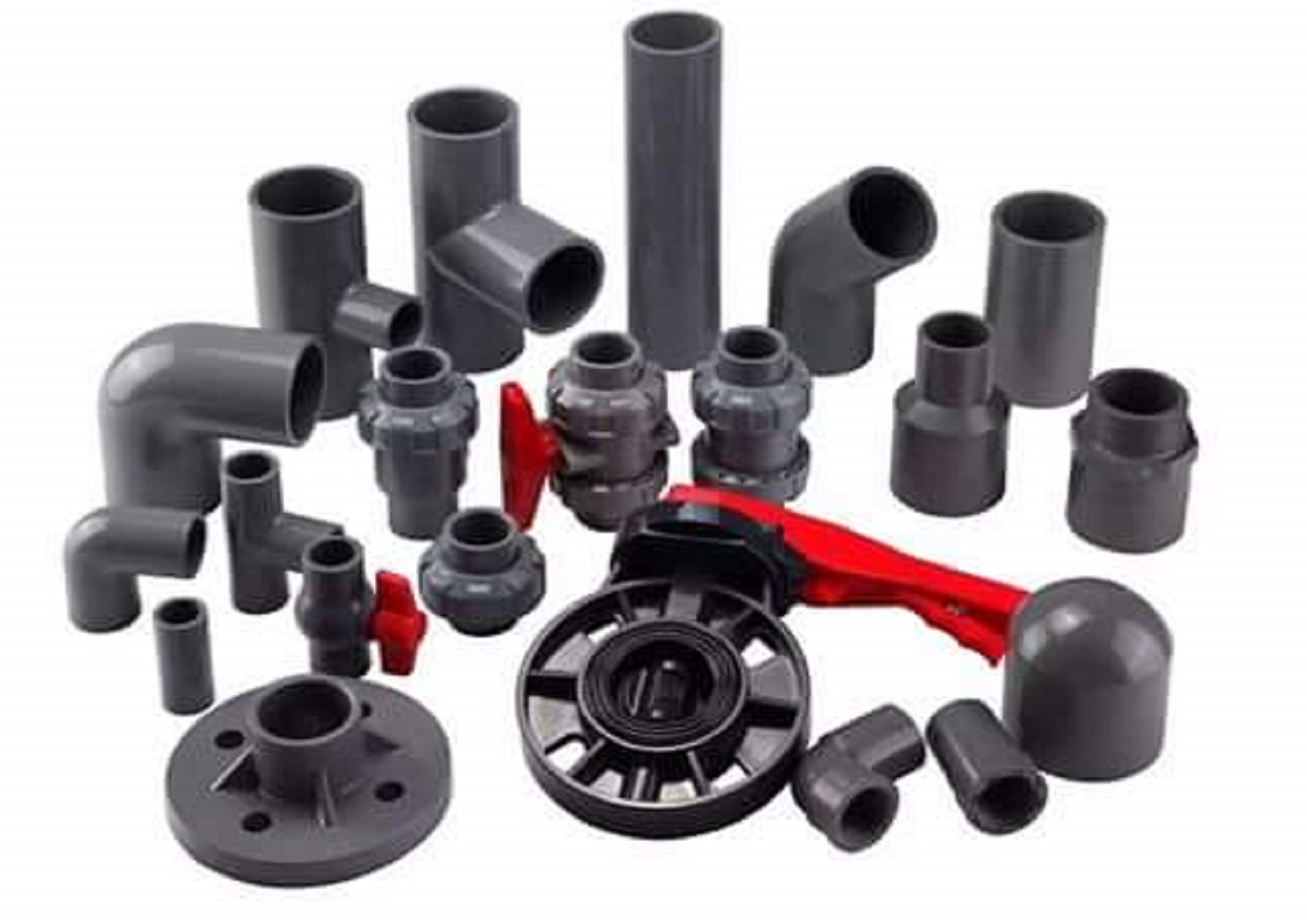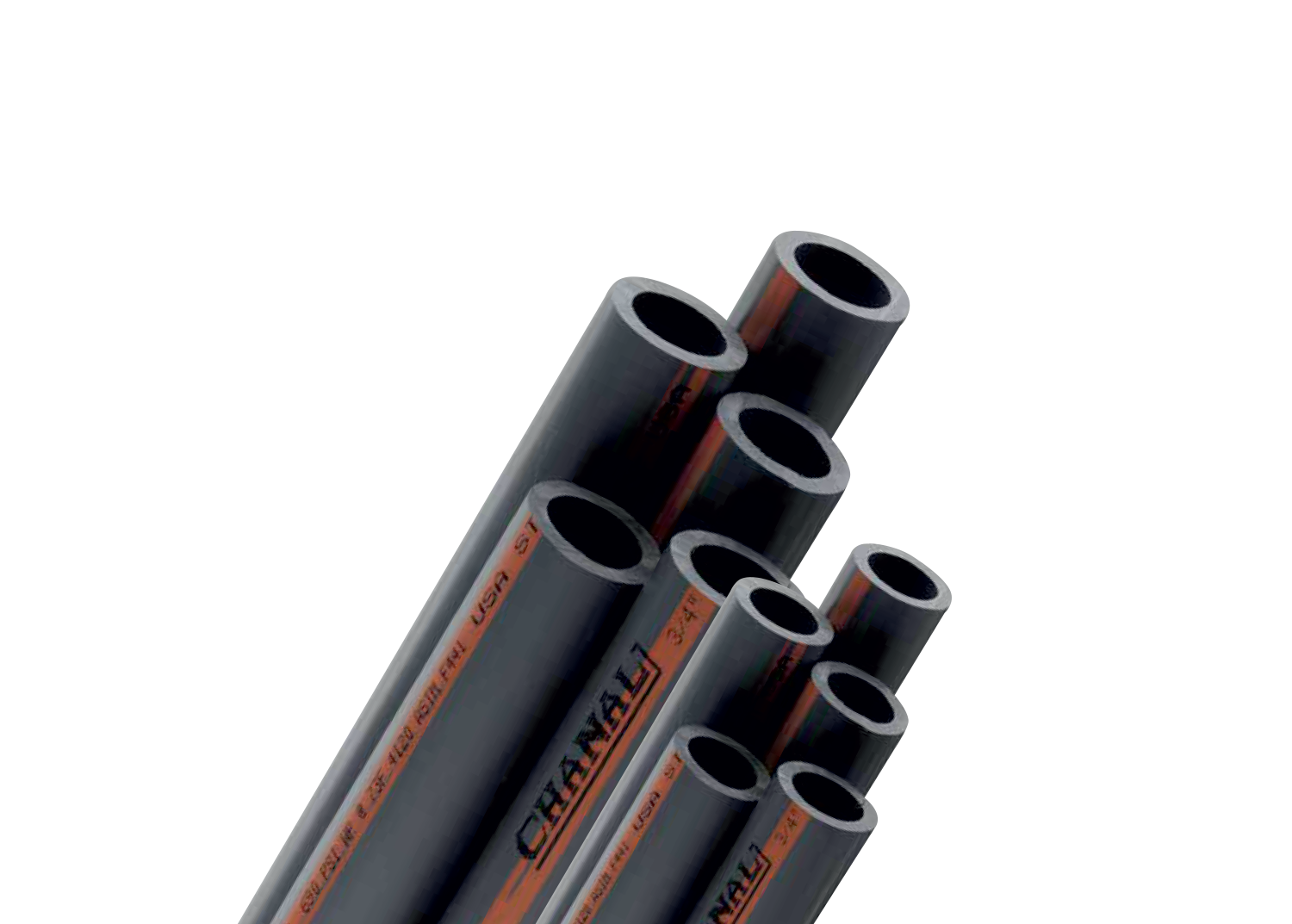PVC pipes
PVC (Polyvinyl Chloride) pipes are a type of plastic pipe widely used in many applications due to their unique properties. Here is a detailed description:
Properties and Advantages:
Material:
Made of polyvinyl chloride, a thermoplastic polymer.
They are lightweight and easy to form.
Resistance:
Resistant to corrosion and rust, making them ideal for use in water and sewage systems.
Resistant to chemicals, allowing them to be used in industrial applications.
They can withstand high pressures, depending on the pipe type and thickness.
Flexibility:
There are flexible and rigid types, providing a variety of uses.
Flexibility facilitates installation and allows the pipe to adapt to soil movements.
Installation:
Easy to install and connect, reducing labor costs.
They can be joined using special adhesives or mechanical joints.
Cost:
They are considered low-cost compared to other materials, such as metals.
Lifespan:
They have a long lifespan, reaching 50 years or more in some applications.
Uses:
Drainage systems: Widely used in sewage systems for homes, commercial buildings, and industrial buildings.
Water systems: Used to transport clean water and irrigation water.
Electrical systems: Used as conduits for electrical cables.
Industrial systems: Used to transport chemicals and liquids in factories.
Types of PVC pipes:
Rigid PVC pipes: Used in applications requiring high strength and durability.
Flexible PVC pipes: Used in applications requiring flexibility and formability.
UPVC pipes: Unplasticized PVC pipes are characterized by their high rigidity and resistance to heat and chemicals.
Notes:
The appropriate pipe type should be selected for the specific application, taking into account the pressure, temperature, and chemicals it will pass through.
It is important to note the difference between PVC and UPVC pipes.



